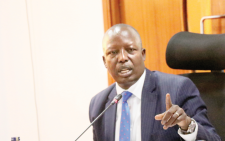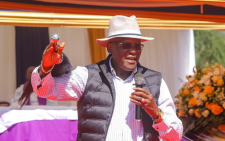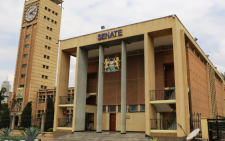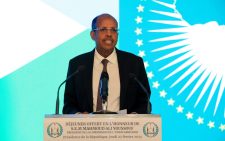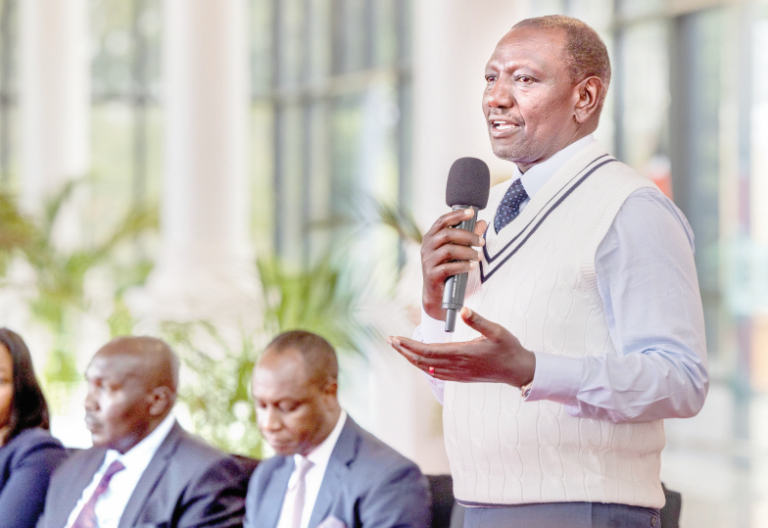Alarm as private varsities expect funding changes
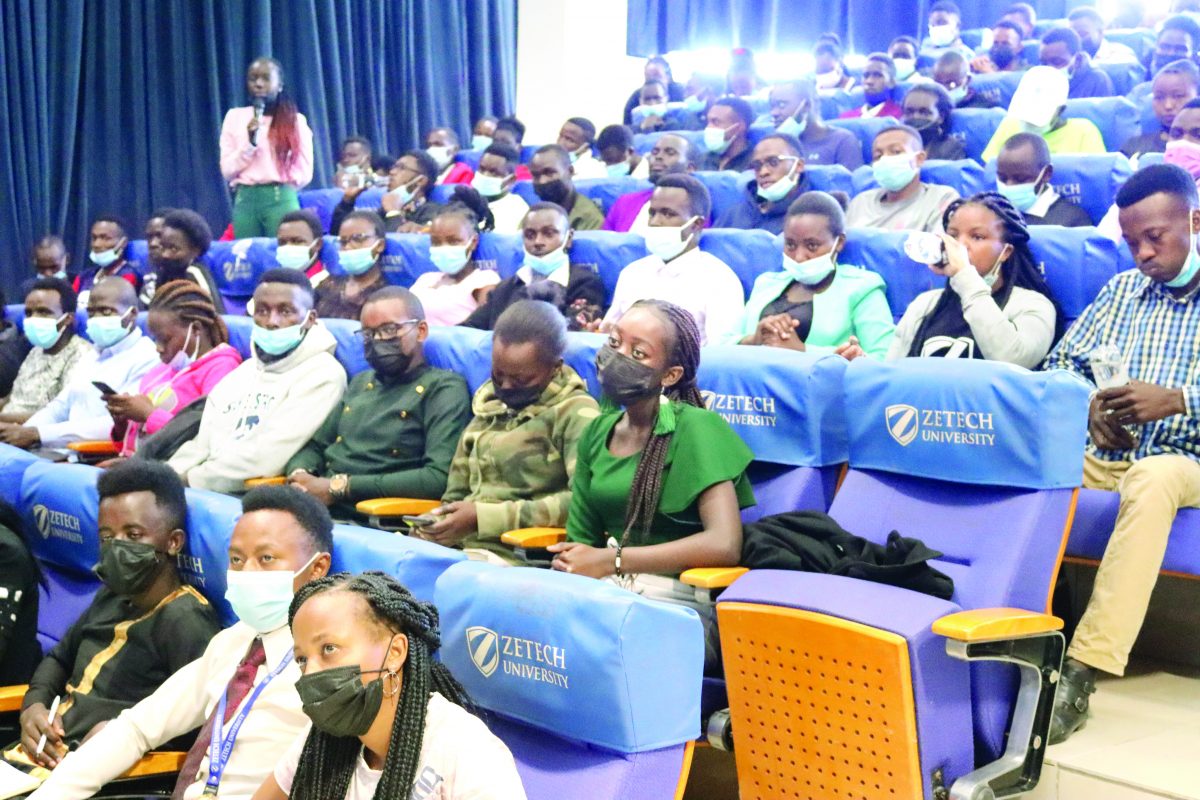
Private universities in Kenya are staring at a financial crisis after President William Ruto revealed that the government intends to make far-reaching changes in the funding of higher education.
Ruto who spoke over the weekend said the changes could come as early as this week.
He said a new and comprehensive funding mechanism will be adopted to avoid compromising the quality of education in institutions of higher learning.
“We will now have a new plan for higher education. We have had so many funding challenges for colleges and universities but we have agreed that the money that goes to these institutions is very little and we are going to double the resources so that we can eliminate the challenges in institutions of higher learning,” said the President.
Already, there has been a delay in admitting freshmen in universities because the Kenya Universities and Colleges Central Placement Service (KUCCPS) is yet to open the application portal as it waits for guidance from the Presidential Working Party on Education Reforms (PWPER).
KUCCPS is the only institution that can allocate students to universities.
All candidates who sit the Kenya Certificate of Secondary Education (KCSE) examination and score a grade of C Plus and above cannot join a university unless KUCCPS processes and approves their applications.
The term of the PWPER was meant to end last month but the team led by Prof Raphael Munavu was given until June 9 to complete its work.
Sources privy to the working group have said the report is almost ready though the toughest part of the process was university education, which required making extremely bold decisions to correct the ills it has faced, once and for all.
“Our biggest thing will be university education and once we crack it with the working party, it will be the most critical thing for this country,” said the official.
Some 173,345 students who sat the 2022 KCSE examination qualified to join universities while the rest will be sent to other tertiary institutions.
“Just as it happened with domiciling of Junior Secondary School last year, we shall bring out certain areas where we want the President to give us direction and placement is one of them…so while we are waiting for the final report, he will give directives on how we deal with these areas,” said the official.
Initial report
He added; “Students must join the university in September and so if the working party will have to guide on certain things about universities, they must do it now.”
In its initial report, which the President rejected, the team had recommended three forms of funding for university students; the government to pay full capitation for students from poor families, partial capitation for middle class families and no capitation at all for those whose parents can afford to pay for university education.
In this way, the team had hoped that the government would allow students to choose which universities to attend based on the financial abilities of their parents and guardians. Should this proposal be accepted, students will then remain free to join either public or private universities.
This option has now been thrown into a spin after Ruto promised that he intends to make a major policy change in funding university education.
“I want to announce to you all that the government will come up with a new programme for higher education, starting with TVETs up to university. We have had funding challenges for TVETs and universities.”
Although he promised to double allocation for Technical, Vocational Education and Training (TVET) colleges, the Ministry of Education is yet to release capitation this year, leaving many of them struggling to meet their financial obligations, including paying suppliers.
The President also said there will be fresh intake for TVETs and universities in May, signalling that the KUCCPS portal will be opened once the major announcement is made, which could be any time now.
Since 2016, the government has been funding private universities in the race to admit all the 173,000 KCSE candidates who score C+ and above, the cut-off point for joining university.
The rationale for this change in policy was to ensure that all students who qualified to join university did so. In the past, only about 10,000 candidates were admitted to join public universities.
At the time, admission was based on the institutions’ bed capacity.
Yesterday, a source at the Ministry of Education told People Daily that representatives of private universities had sought an audience with Cabinet Secretary Ezekiel Machogu over the impasse.
According to the source, who is not authorised to speak to the media on behalf of the Ministry, private universities fear that the government will lock them out of the next round of funding, which is expected to start on July 1 when the new financial year begins.
Private universities fear that if the government changes its policy and funds only students admitted to public universities, then they will lose out on the capitation they have been receiving from the National Treasury.
Received grants
Among the 30 private institutions that stand to lose the most is Kabarak University, whose chancellor is Gideon Moi.
Over the last four financial years, 30 universities have received grants worth Sh8.7 billion from the Universities Fund and an additional Sh12.1 billion from Higher Education Loans Board (HELB).
Sources in the new administration — which came to power in September last year — insist this is money that could have been allocated to public universities, all of which are burdened by debts amounting to Sh56 billion and some of which are technically insolvent.
According to documents submitted to the Public Investments Committee on Governance and Education in the 2017/2018 financial year, the Universities Fund gave private universities Sh1.6 billion as grants for 18,587 students.
In the following financial year, this amount was increased to Sh1.9 billion for 29,729 students and in the 2019/2020 financial year, this again jumped to Sh2.5 billion for 43,676 students. In the 2020/2021 financial year, they received another Sh2.7 billion.
Documents tabled in Parliament indicate that from these allocations, Kabarak University received the highest allocation — Sh357.9 million for 7,715 students.
It was followed by the Catholic University of East Africa, which received Sh196.9 million for 4,685 students. Rounding off the top three was the Kenya College of Accountancy University, which got Sh224 million for 5,142 students.
Now, there is a risk that this revenue stream will stop abruptly, putting fresh financial pressure on private universities and limiting their capacity to admit government-sponsored students in the next intake scheduled for May.

